Financial Aid & Scholarships
Financial Options to Help You Reach Your Educational Goals
Our goal is to create accessible education options for career-driven individuals. We believe that finances shouldn’t feel like a barrier to opportunity. Bene’s Career Academy is an accredited institution. This opens several avenues of financial aid for prospective students who qualify . You’ll receive your funding estimate before your program starts outlining a transparent payment structure to help you plan ahead. Our financial aid counselors can walk you through the entire process, so you know exactly what to expect.
Start With the Free Application for Federal Student Aid (FAFSA®)
Your Free Application for Federal Student Aid (FAFSA®) is the first step in planning for enrollment.
A variety of financial aid options are available to those who qualify. As a prospective student at Bene’s Career Academy, you may qualify for funding from a variety of federal programs. The most common of these include the Federal Pell Grant, FSEOG, Federal Work-Study and Federal Stafford Loans (subsidized and unsubsidized). Eligibility is determined based on your Free Application for Student Aid (FAFSA®) status. Upon admission, you will meet with our helpful financial aid office for a brief interview to determine what options are available to you.
Pursuing an education is challenging enough. Paying for it should be simple. It’s important to note that Bene’s Career Academy’s Federal Student Code is 014752.
What is the FAFSA form?
Colleges and career schools use the FAFSA form to determine how much financial aid you’re eligible to receive, which could include grants, scholarships, work-study funds, and loans.
You must apply for aid every year, but with the right information in hand, it’s easy.
Most Common Financial Aid Options
Federal Pell Grants usually are awarded only to undergraduate students who display exceptional financial need and have not earned a bachelor’s, graduate, or professional degree. Typically a Federal Pell Grant, unlike a loan, does not have to be repaid, except under certain circumstances. Exceptions to this and more information about grants can be found here
Scholarships are awarded based on academic performance, need, and merit. Qualifying students are invited to apply. As with grants, scholarships are offered in support of your education at a qualifying school in Florida and do not need to be repaid.
Benes Career Academy is an accredited institution which qualifies it to participate in the Federal Student Loan Program. Qualifying students can either receive a subsidized or unsubsidized student loan to support their education.
Subsidized loans do not accrue interest while you are enrolled in coursework at least half-time or during deferment periods.
Unsubsidized loans offer additional funds that are not based on financial need.
Parent Plus loans are available for students who are currently dependents, and whose parents meet the preliminary credit check requirements.
All students must complete a Master Promissory Note and Loan Entrance Counseling to ensure the borrower’s education requirements are satisfied.
Bene’s Career Academy offers work-study programs for students who have a financial need to gain practical skills in their area of focus while earning an income. This is an excellent avenue for balancing work alongside achieving a degree. Your admissions counselor can walk you through the application process and notify you of opportunities that match your interests.
Cash pay students, or students with a remaining balance after financial aid are offered interest free individualized payments plans.
Bene’s honors servicemen and women of the armed forces by participating in the various GI Bill® programs and military tuition assistance programs designed for active and inactive service members and their families.
Benes Career Academy participates in the following Veterans Assistance programs.
Chapter 30: The Montgomery GI Bill Active Duty (MGIB-AD)- This bill can help you pay for education and training programs if you’ve served at least 2 years on active duty. You can read more here.
Chapter 33: The Post-9/11 GI Bill – This bill helps you pay for school or job training if you’ve served on active duty after September 10, 2001. You can read more here
Chapter 35: Survivors’ and Dependents’ Educational Assistance (DEA) program – If you’re the child or spouse of a Veteran or service member who has died, is captured or missing, or has disabilities, you may be able to get help paying for school or job training through the DEA program. You can read more here
Additional information can be found at http://benefits.va.gov/gibill/ or by calling 1-888-GI-BILL-1 (1-888-442-4551). You may apply online at http://vabenefits.vba.va.gov.
Scholarship Options
Alice Madden Barton Cosmetology School Scholarship Program
This is sponsored by Great Clips, Inc. of Minneapolis. Scholarships are available for current students, high school students and those pursuing a career in cosmetology or barbering. The scholarships are given out twice a year in January and July. http://jobs.greatclips.com/
The Joe Francis Haircare Scholarship Foundation
The foundation awards $1,000 per recipient for students enrolled or applying for enrollment to a barber or cosmetology school. The award will be paid directly to enrolled school for tuition. http://www.joefrancis.com/apply
OPI & AACS Scholarships
This scholarship is awarded to three students attending AACS member schools in the amount of $500 per scholarship. Recipients are based on an essay and one industry recommendation. http://beautyschools.org/careers-in-beauty/grants_scholarships/
PBA/NCA – Sally Scholarships
Seven $1,000 scholarships are awarded to high school graduates desiring to enter the cosmetology profession. An additional six $500 scholarships are awarded to current PBA/NCA members for continuing education in the field of cosmetology. https://probeauty.org/scholarships/
Beauty Changes Lives Scholarship (Vidal Sassoon)
Beauty Changes Lives Vidal Sassoon scholarship will award 10 people with a 50% off tuition scholarship to attend an AACS member school of their choice.
Beauty Schools Marketing Group Cosmetology Scholarships
There are $2,500 scholarships awarded periodically throughout the year. http://www.beautyschoolsdirectory.com/cosmetology-school-scholarships.php
State of Florida Scholarships
The Florida Department of Education, Office of Student Financial Assistance (OSFA), administers a variety of state-funded grants and scholarships to assist Florida residents with the cost of their postsecondary education.
For additional information on these Florida state grants and scholarships please contact the financial planning representative or visit the state’s website at: State of Florida Grants and Scholarships.
Frequently Asked Questions
Bene’s Career Academy’s Federal Student Code is 014752
FAFSA® stands for the Free Application for Federal Student Aid. By completing this form, your are submitting your required financial information for processing, so Bene’s Career Academy and Massage can determine your eligibility for financial aid. To begin the process of completing the FAFSA® for the first time (or the FAFSA® Renewal in subsequent years), go to www.fafsa.ed.gov.
Students and parents of dependent students must sign the FAFSA® with their FSA IDs for the FAFSA ®to be processed. FAFSA®s will remain unprocessed if they do not have the required FSA IDs.
Cosmetology and Esthetics students must submit a FAFSA® renewal every year if they wish to be considered for need-based aid (Pell or Stafford) for the next academic year. Federal regulations require new FAFSA® information each year. In addition to filing the FAFSA®, students and parents with extraordinary financial circumstances should explain the situation in writing, attach supporting documentation, and submit their request for review to Bene’s Career Academy and Massage’s Financial Aid Office.
Many families believe that they won’t qualify for financial aid, but they are, in fact, eligible for some types of aid. It is impossible to know what aid is available to you unless you apply. In any case, the FAFSA® is absolutely FREE so it should be completed so a family can know for sure what is available.
Remember, Financial Aid such as the Stafford Unsubsidized Loan and the PLUS loan for creditworthy parents is an option available to ALL students (regardless of financial need) if they complete the FAFSA. Regardless of how much money you or your parents make, you should still apply for Federal Financial Aid since some sources of aid are not need based and you or your parents may qualify regardless of income.
There are several websites online and printed resources in our Financial Aid Office that discuss the differences and benefits of different types of loans. If you have questions regarding loans, please contact our office to make an appointment with our Financial Aid Manager.
While both are legitimate forms of financial aid, a grant does not require repayment. A loan requires repayment over time.
Students (and parents of dependent students) will need to refer to a copy of their most recent tax return (1040) when applying for financial aid. In addition, documentation on other sources of income including social security benefits, unemployment compensation, veteran’s benefits, etc., will also be needed. Information on the value of assets is also required. Examples of assets include checking and savings accounts, stocks, bonds, certificates of deposits, mutual funds, real estate (other than the family home), businesses and farms.
Need Help? We’re Here for You
Navigating your financial aid options can feel overwhelming when beginning your student journey. Our financial aid counselors are here for you each step of the way. We’ll walk you through the financial aid options available to you, how to apply, and give you an idea of the tuition and costs associated with your chosen program. We may be able to help you find grants and scholarships you didn’t know you were eligible for!
At Bene’s Career Academy, we’re your partners in education, from course selection to tuition planning. Learn more about our easy enrollment process and begin your next adventure today.
See Our Full List of Programs

Cosmetology
We offer in-depth cosmetology courses to level up your skills and discover new techniques in the realm of hair, skin care, and nails. Find your passion, ignite your career potential, and connect with a community of driven learners to begin building your network.
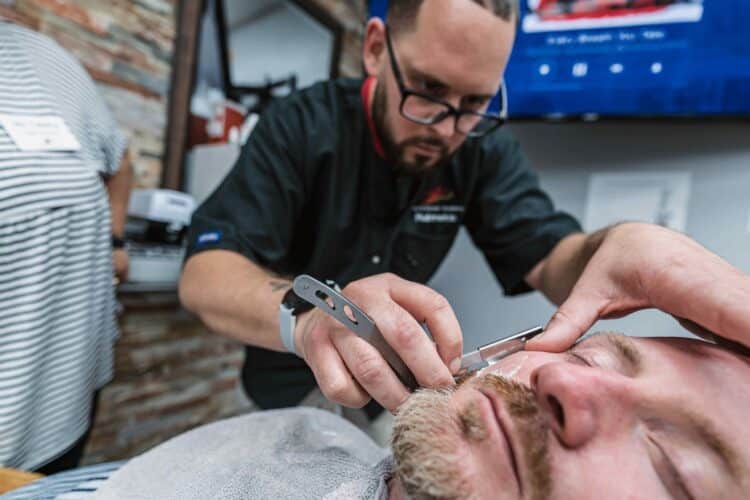
Barber Stylist
Our full-service barbering program equips students with the training they need to pursue licensure and begin practicing barbering in Florida. This program is quick, efficient, and designed to offer foundational skills that grow alongside your future business.

Restricted Barber
Restricted barbering is a great option for obtaining a license sooner. As an expedited course offering for those looking to get started right away with a cutting and shaving focused program. You can get a comprehensive education in barber practices, safety, sanitation and state law.
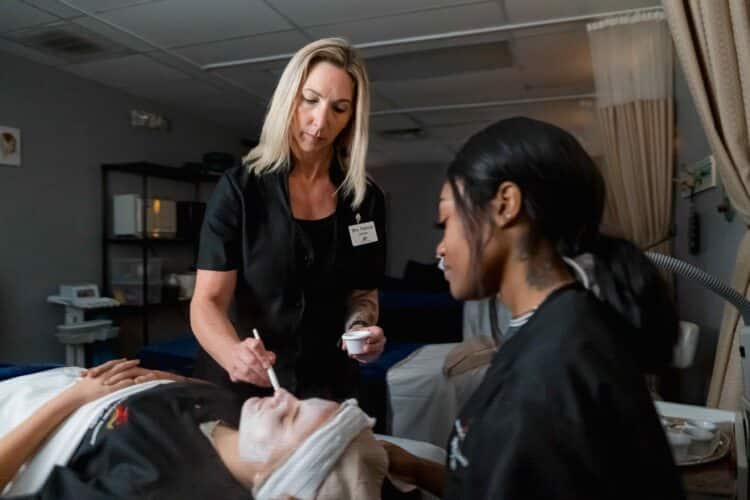
Skin Care
Our skin care academy promotes healthy beauty principles to empower our community to glow a little brighter. Learn the insider secrets of delivering the best quality skin treatments, facials, and luxury spa services.
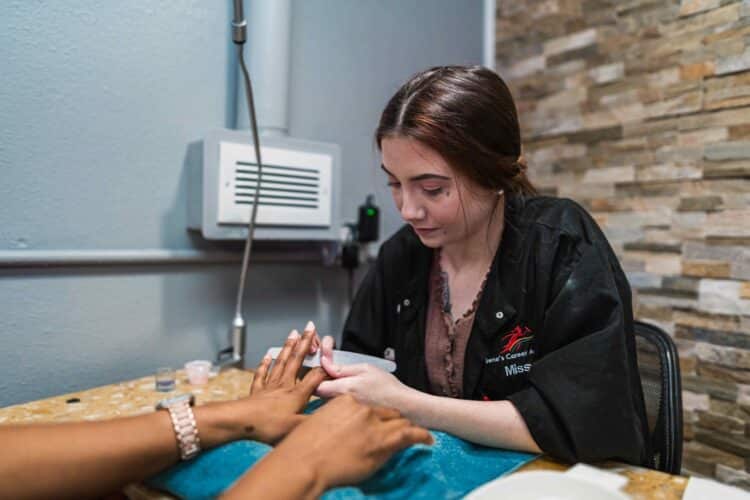
Nails
Let your creativity flourish by becoming a certified nail tech in Florida. Our exquisite spa nail program builds from classic techniques and embraces inspiration from the latest trends for a dynamic nail school experience.
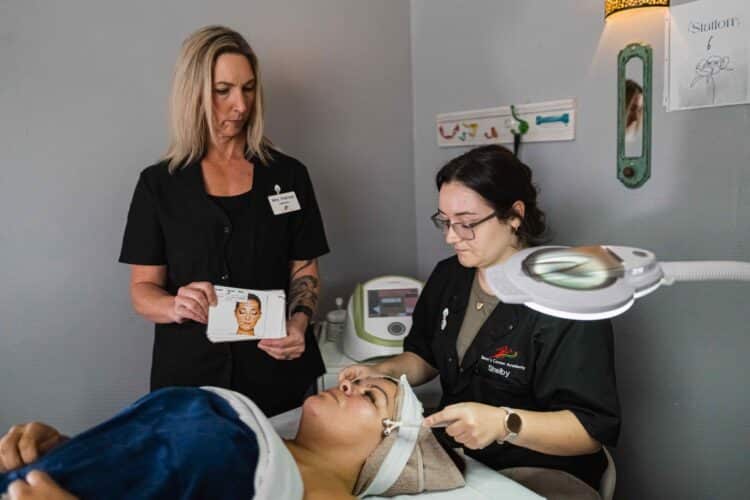
Full Specialty
Diversify your skillset with a full specialty license. This program is a fantastic complement to a growing beauty practice or a continuing cosmetology education. Learn skin care, facials, nails, and more from a comprehensive combined program.
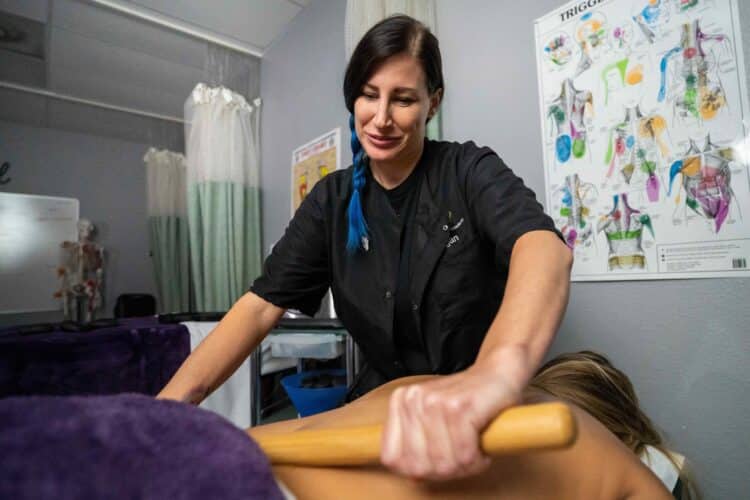
Massage
A wellness-driven massage practice centers on comprehensive knowledge of muscles, nerves, and how our bodies work. Get established with the spa essentials for becoming a self-care superhero. Massage therapy offers versatility for boundless future opportunities.

Instructor Training
Share your passion with a community of cosmetology professionals. Learn the art of teaching with beginner through advanced instructor training to get you started on the pathway to becoming a wellness advocate and mentor.

Advanced Education
Build on your education with advanced classes that rotate throughout the year. Some of our classes include Teeth Whitening, Lash Extensions, Spray Tanning, Microblading, Brow Lamination and more!
Partners & Accreditation
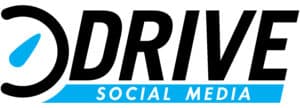

New Port Richey
7027 US Hw 19
New Port Richey, FL 34652
CAMPUS HOURS
Monday - Friday:
9:00 AM - 10:00 PM
Saturday - Sunday:
Closed
*Appointments Recommended*
Brooksville
698 S Broad Street
Brooksville, FL 34601
CAMPUS HOURS
Monday - Friday:
9:00 AM - 10:00 PM
Saturday - Sunday:
Closed
*Appointments Recommended*
- New Port Richey
- Brooksville
Select Location:
© 2026 Bene’s Career Academy. All Rights Reserved. | Privacy Policy | Terms of Service
